Frequently Asked Questions
Top Eight Frequently Asked Questions about Finance, Insurance, Estate Planning, and Cash Flow in Canada based on our research.
- How much money do I need to start investing?
You can start investing with a relatively small amount in Canada. Most brokers do not have a minimum net worth or investment dollar amount to start investing. Plus, many Mutual Funds offer individuals investors a chance to make pre-authorized payments at small intervals so you can choose the amount you are comfortable with. At The Frost Group, we embrace beginners and want to take chances on them. That is why we offer ONE-TIME payment for people 40 years old and under to open accounts and start investing. No fee’s, no commission, a one-time fee for you to invest with us up to $50,000. For more information, call us at 403-580-4377.
- What is the difference between an RRSP, TFSA, and FHSA?
RRSPs, TFSAs, and FHSAs are all tax-advantaged savings accounts in Canada, but they serve different purposes and have distinct features. RRSPs (Registered Retirement Savings Plans) are primarily designed for long-term retirement savings, offering tax-deductible contributions and tax-deferred growth, with withdrawals taxed as income. TFSAs (Tax-Free Savings Accounts) provide more flexibility, allowing tax-free growth and withdrawals for any purpose, but contributions are not tax-deductible. The newly introduced FHSAs (First Home Savings Accounts) are specifically for first-time homebuyers, combining features of both RRSPs and TFSAs by offering tax-deductible contributions and tax-free withdrawals for qualifying home purchases. Each account type has different contribution limits, eligibility criteria, and withdrawal rules, making them suitable for various financial goals and situations.
- How much should I save for retirement?
At The Frost Group, we do not use the conventional 80% of pre-retirement income. We base our retirement amount by what you will spend in retirement. Looking at more than just income, we examine what your dreams are, what your expenses will be, and your sources of income. In retirement, every day is Saturday, so we start always start with asking, “what do you typically do on a Saturday”. We also have retirement expenses worksheets we complete with clients to see if expenses are going up, down, or away in retirement.
- What is the difference between Term and Permanent life insurance?
Term life insurance provides coverage for a specific period (e.g., 10, 20, 30, years) and pays out only if you die DURING that term. It generally is less expensive but will get more expensive as you age, and it doesn’t build up any cash value. Permanent life insurance, on the other hand, covers you for your entire life and typically includes an investment component that builds cash value over time. While more expensive, permanent insurance offers lifelong protection and can be used as a financial planning tool.
- How much insurance coverage should I have?
The amount of insurance coverage you need depends on various factors, including your income, debt, future financial obligations (e.g., health related issue), and your family situation. A rule of thumb is to have 10-15 times your annual income (if you make $100,000 pretax, having $1 million plus might be a good idea). However, a more precise calculation should consider your mortgage, future education requirements for your children, and living expenses. It’s important to review your insurance needs as your circumstances change, such as getting married, having children, or buying a home.
- Do I need a will, and how often should I update it?
Yes, having a will is crucial for all Canadians, regardless of age or asset value. Roughly 50% of Canadians don’t have one, and the number increases as ages get younger. What’s scary, is that only 30% of wills are actually up to date. No matter the age, a will is a document that outlines how you want your assets distributed upon death. Reviewing after major life changes, (new kids, job change, divorce, etc.) ensures your wishes are still reflect what YOU want. If you do not have a will, your estate will be distributed according to provincial laws which may not align with your wishes, plus it will be more expensive. On our “Resources” tab, we have a tool called “Willing Wisdom” to help people start, assess, and review their current will, feel free to use it!
- How can I minimize estate taxes in Canada?
While Canada does not have an inheritance tax, there are still many expenses and other tax implications when transferring wealth. Strategies to minimize estate taxes include using trusts, gifting assets during your lifetime, designating beneficiaries on registered accounts, and considering life insurance to cover potential tax liabilities. Working with a financial advisor and introducing them to your lawyer will allow the two to create a comprehensive plan that maximizes the wealth transferred to your beneficiaries.
- How can I improve my cash flow?
We hear this all the time, that Canadians make good money but they feel like it always disappears. 31% of Canadians in 2019 said they carry too much debt, 27% said they needed to borrow to buy food, 46% are a mere $200 dollars away from insolvency on a monthly basis, which all comes down to Canadians owing $1.86 for every dollar we earn... yikes. The best way to improve your cash flow is implementing a cash flow plan. A cash flow plan is more efficient and better than a budget, because it doesn’t tell you what you can spend, it just looks at your behaviour. If you want to learn more, visit the “How We Help” and the our “Cash Flow Planning” page.
Do you see something on this list that isn’t covered in your current plan? Fill out our advice assessment to see where you might have leaks in your current plan!





